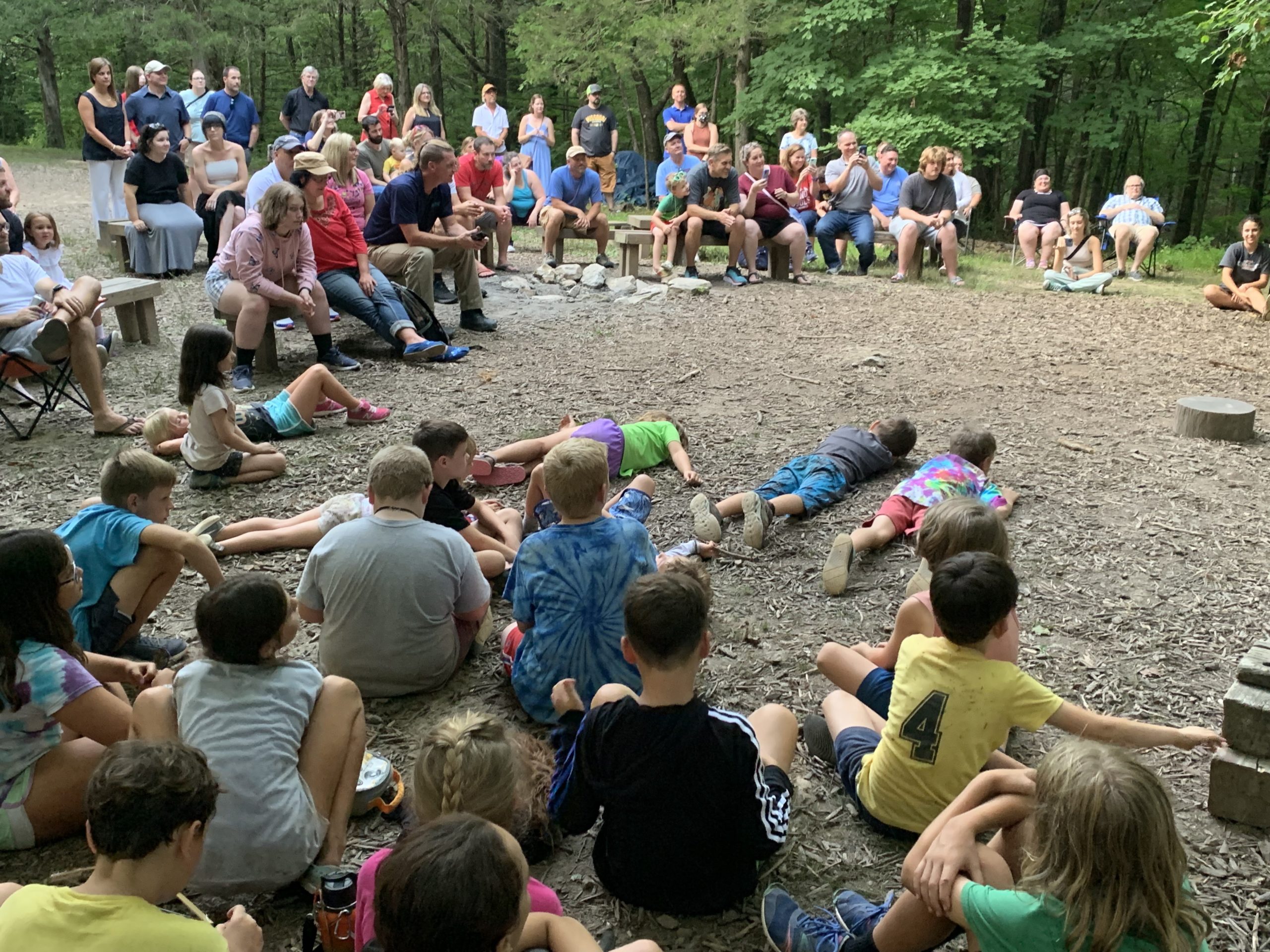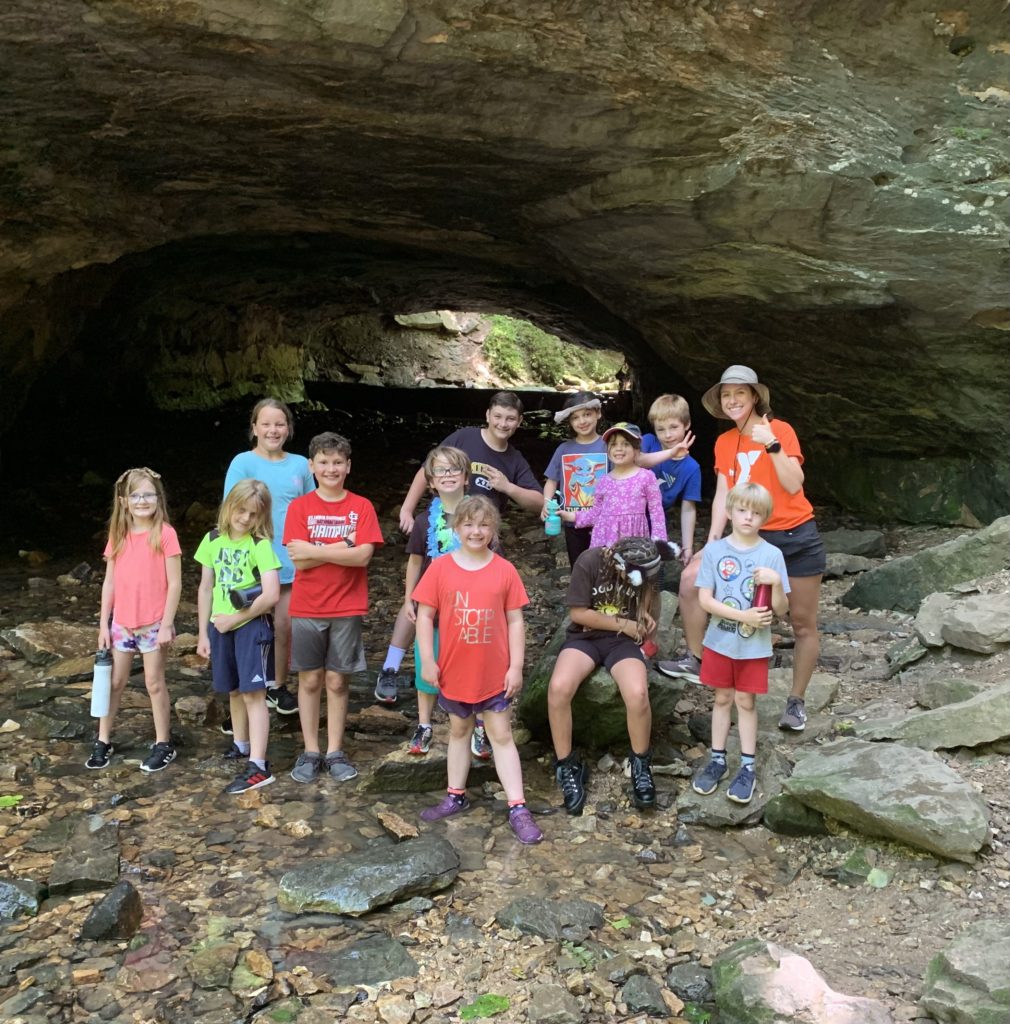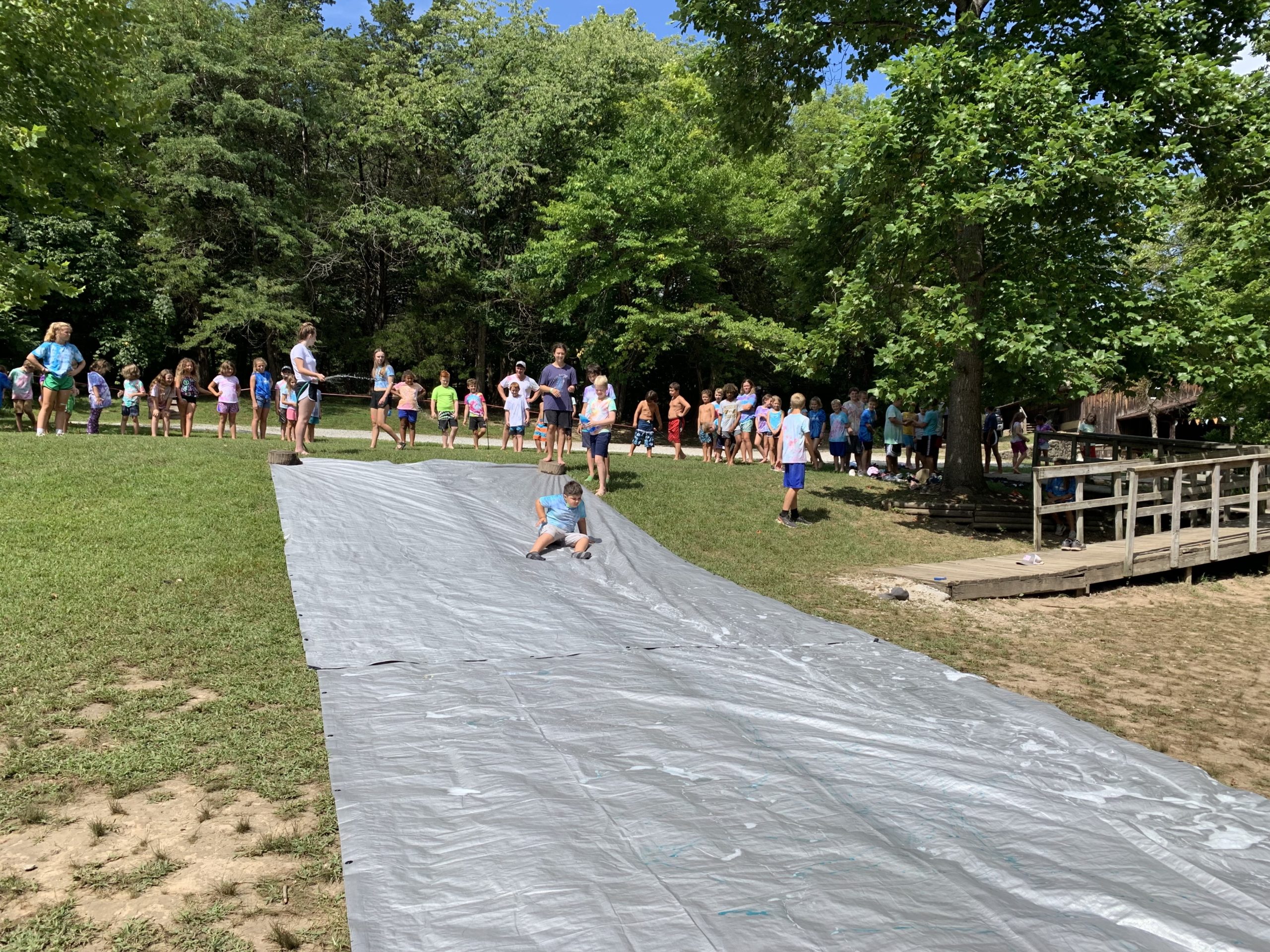There's a special kind of magic that comes with heading out into the wild, isn't there? You dream of clear skies, quiet mornings, and maybe a crackling fire under the stars. But, let's be honest, sometimes the outdoor life can throw a few curveballs. That's where the idea of "Camp Mudd" comes into play. It's not a place on a map, but rather a way of looking at the real, sometimes messy, parts of spending time outside.
You might picture pristine landscapes, yet a true outdoor experience often involves unexpected moments. Perhaps you've wondered about the quality of that new bike, like the "camp impala x" or the "camp GX300 flat bar road bike" someone mentioned online, worrying about strange noises or whether a smaller brand can really deliver. Those thoughts, those little worries about what might not go perfectly, are very much a part of "Camp Mudd." It's about being ready for anything, knowing that a little preparation makes a world of difference.
So, we're going to explore how to approach your outdoor adventures with a clear head, making choices that help you enjoy every moment, even when things get a bit, well, muddy. This way, your time outdoors becomes less about potential problems and more about genuine enjoyment. You know, just like picking the right gear can truly change your experience, like deciding between disc brakes or rim brakes for your bike, that's a very practical choice.
Table of Contents
What is Camp Mudd?
Why Gear Matters: Lessons from the Trail and the Road
Choosing Reliable Camping Equipment Choices
Understanding Brand Reputation and Trust
The Bike Dilemma: Disc Brakes Versus Rim Brakes
Preparing for the Unexpected: Dealing with Unexpected Camp Issues
Packing Smart for All Conditions
Essential Camp Skills to Have
Finding Your Perfect Spot: Resources and Ideas
The Community Connection: Sharing and Learning
Conclusion
What is Camp Mudd?
When we talk about "Camp Mudd," we're really talking about the everyday realities of outdoor life. It's the moment you realize your tent pole has a slight bend, or the weather changes quicker than the forecast predicted. It’s the slight worry about a product's dependability, like when someone asks if a "camp impala x" might have an odd sound. These are the aspects that separate a fantasy outdoor trip from a genuine one. It's almost about embracing the imperfections.
This concept acknowledges that not every outdoor trip will be picture-perfect, and that's perfectly fine. In fact, some of the most memorable stories come from those slightly challenging moments. It's about learning to adapt, to troubleshoot, and to appreciate the experience for what it truly is. A little bit of mud, in a way, often adds to the character of a trip.
The spirit of "Camp Mudd" is about being prepared, making smart decisions, and understanding that resilience is a valuable tool when you're out there. It's about making sure your equipment, whether it's a sleeping bag or a bicycle, holds up when you need it most. So, it's a bit of a mindset, really, for anyone who loves the outdoors but also respects its unpredictability.
Why Gear Matters: Lessons from the Trail and the Road
The right equipment can truly make or break an outdoor adventure. Think about it: a comfortable sleeping bag on a cold night, or a reliable bike on a long ride. There's a lot of talk about quality, like the questions people have about the "camp坎普 camp GX300 flat bar road bike" and its frame. People want to know if it's worth their money, and that's a very fair concern.
Choosing Reliable Camping Equipment Choices
When you're picking out your gear, whether it's for a weekend camp or a longer expedition, thinking about its dependability is pretty important. Just like someone might wonder about a bike's frame, you want to feel confident in your tent, your backpack, or your cooking stove. It's not just about the big-name brands; sometimes smaller companies make great stuff too. However, you know, it's often a challenge for smaller brands to build that kind of trust without lots of money for research or a long history.
A good way to pick reliable items is to look for products with solid reviews from other users. You can also check out materials and construction methods. For instance, a tent made with sturdy, waterproof fabric and strong poles will likely hold up better in unexpected weather. It's about looking past the shiny pictures and considering what will actually perform when you're out there. So, think about what it's made of.
Consider the conditions you typically face. If you're often in damp places, waterproof items are a must. If you carry a lot, a comfortable backpack with good support is vital. These are the kinds of choices that prevent those "Camp Mudd" moments from becoming major problems. You want things that work, basically, and that don't give you trouble when you're far from home.
Understanding Brand Reputation and Trust
The world of outdoor gear, much like bicycles, often seems dominated by a few very large names. People often feel more secure buying from a brand that has been around for a long time and has a good track record. This is because these bigger companies often have more resources for testing and development. It's a common thought, you know, that a brand with a lot of history must be doing something right.
However, that doesn't mean smaller brands are always a bad choice. Sometimes, a smaller company can offer innovative products or a better value. The challenge, as some people point out, is that these smaller operations might not have the same financial backing or the years of user feedback that bigger ones do. This can make it harder to judge their quality before you buy. It's a bit of a gamble sometimes, really.
To figure out if a brand, big or small, is trustworthy, look for transparency. Do they share details about their manufacturing? Are there many independent reviews, not just testimonials on their own site? Do they offer a good warranty? These details can help you feel more comfortable with your purchase, especially if you're stepping outside the usual choices. So, do a little digging, perhaps.
The Bike Dilemma: Disc Brakes Versus Rim Brakes
This is a classic example of a practical gear choice that fits right into the "Camp Mudd" discussion. Someone asked about a "camp impala x" bike, specifically wondering whether disc brakes or rim brakes are better. Each option has its own set of advantages and things to consider, and your choice depends a lot on where and how you ride. It's a very common question for anyone looking at a new bike, you know.
Disc brakes generally offer more consistent stopping power, especially in wet or muddy conditions. They are also less affected by a bent wheel rim, which can be a real plus if you hit a pothole or something similar. For someone who rides in varied weather or on less-than-perfect roads, disc brakes can provide a greater sense of security. They just tend to perform better when things get a little messy, which is often the case in "Camp Mudd" situations.
On the other hand, rim brakes are often lighter and can be simpler to maintain. They are usually more affordable too. For dry, smooth rides, they work perfectly well. However, their performance can drop significantly when the rims get wet or dirty. If you're thinking about a "flat bar road bike" like the GX300, and you plan to ride mostly in fair weather on paved paths, rim brakes might be perfectly adequate. It really depends on your typical riding environment, so think about that.
Ultimately, the best choice depends on your personal riding style, the terrain you'll encounter, and your budget. There's no single "best" answer, but making an informed decision helps prevent future regrets. It's all about matching the tool to the task, which is a key part of being ready for "Camp Mudd." You want the right stopping power for your adventures, basically.
Preparing for the Unexpected: Dealing with Unexpected Camp Issues
A big part of enjoying the outdoors, even when it's a bit "mudd"-y, is being ready for whatever comes your way. This isn't about expecting the worst, but about having the right things and the right skills to handle minor hiccups. It’s about being self-reliant, which is a very satisfying feeling, I think.
Packing Smart for All Conditions
When you're packing for a trip, think about layers of clothing. Weather can change quickly, especially in mountainous areas like those near the John C. Campbell Folk School. Having clothes you can add or remove helps you stay comfortable no matter the temperature. Also, waterproof outer layers are almost always a good idea, even if the forecast looks clear. You know, just in case.
Don't forget essentials like a first-aid kit, a reliable light source (headlamp or flashlight), and a way to purify water. Even if you plan to stay at a well-equipped campground found on Hipcamp or Campspot, having these items provides a lot of peace of mind. It’s like having a spare tire; you hope you don’t need it, but you're glad it's there. So, pack a little extra thoughtfulness, too.
Think about how you'll store your food to keep it safe from animals and how you'll manage your waste responsibly. These small actions contribute to a smoother, more enjoyable experience for everyone. A bit of planning in this area goes a very long way, really.
Essential Camp Skills to Have
Knowing a few basic camp skills can make a big difference when you're out there. Being able to set up your tent quickly and correctly, even in less-than-ideal conditions, is a great skill. It sounds simple, but a tent pitched well will stand up to wind and rain much better. You know, it's pretty important for keeping dry.
Learning how to start a fire safely, even with damp wood, can be incredibly useful for warmth, cooking, and morale. Knowing basic navigation, like using a map and compass or a GPS device, means you can explore with confidence and find your way back if needed. These skills are like your personal toolkit for handling "Camp Mudd" moments. They give you a lot of freedom, basically.
Basic first aid knowledge is also incredibly important. Knowing how to treat minor cuts, blisters, or sprains can prevent small problems from becoming bigger ones. There are many resources available online and in local communities where you can learn these things. It's a bit like learning to fix a bike chain; it's empowering to know how to handle things yourself.
Finding Your Perfect Spot: Resources and Ideas
Finding the right place to set up camp is a big part of a good outdoor experience. There are so many options, from wild, undeveloped areas to full-service RV resorts. Websites like Hipcamp and Campspot are great for finding and booking a variety of places, from national parks to unique private lands. They offer a lot of choices, which is nice.
Government resources like Recreation.gov are also incredibly helpful for booking spots in national parks and forests. These platforms give you detailed information about amenities, activities available, and rules for each location. It's a very good starting point for planning, you know, especially if you want to visit popular spots.
Consider what kind of experience you're after. Do you want solitude and quiet, or do you prefer a place with more activities and people? Some places, like those offering family experiences, combine play, media, and merchandise to make a truly engaging time for everyone. Others, like the John C. Campbell Folk School, offer classes in crafts, art, music, and dance, providing a different kind of enrichment. There's a spot for nearly every interest, basically.
Thinking about the definition of "camp" itself – a temporary place for shelter, often away from urban areas – helps you appreciate the simplicity and freedom it offers. Whether you're in a tent, a cabin, or an RV, the goal is to connect with the surroundings. It's about finding that place where you feel most at home outdoors, really.
The Community Connection: Sharing and Learning
One of the best parts of any outdoor pursuit is the community that surrounds it. People love to share their experiences, offer advice, and learn from others. Platforms like Zhihu, which is a high-quality Q&A community, show how much people value sharing knowledge and insights. It's a great way to get answers to your questions, you know, whether it's about a specific bike model or a camping technique.
When someone asks, for example, "Is Camp Buddy a good game?" or "What does 'mongo' mean in VRChat?", they're looking for community wisdom. This same spirit applies to outdoor life. You can learn so much from experienced campers, hikers, and cyclists. They often have practical tips that you won't find in a guidebook. So, don't be shy about asking questions.
Joining online forums, local clubs, or even just chatting with people at a campground can open up new ideas and perspectives. You might discover a new trail, a better way to pack your gear, or a solution to a common camping problem. This shared knowledge helps everyone navigate the "Camp Mudd" moments with greater ease. It's pretty amazing how much you can pick up from others, actually.
This sense of shared experience helps build confidence and makes outdoor adventures even more rewarding. When you're facing a challenge, knowing that others have been through something similar and found solutions can be incredibly reassuring. It's about collective wisdom, basically, which is a very powerful thing.
Conclusion
Embracing the concept of "Camp Mudd" means approaching your outdoor experiences with a practical mindset, ready for anything. It’s about making smart choices about your gear, like understanding the nuances of bike components or selecting dependable camping equipment. It’s also about preparing for the unexpected, with the right skills and a well-packed bag. You know, just being ready for the real world.
Finding the perfect spot, whether through apps like Hipcamp or government sites like Recreation.gov, sets the stage for a great trip. And connecting with the wider outdoor community, sharing experiences and learning from others, adds so much richness to every adventure. These elements combine to create truly memorable times outdoors, even when things aren't perfectly smooth. So, go out there and enjoy your own version of "Camp Mudd," whatever it brings. Learn more about outdoor adventures on our site, and link to this page for more about choosing your equipment.
People Also Ask
What makes a camp experience challenging?
A camp experience can become challenging due to various factors, you know. Unexpected weather changes, equipment malfunctions like a tent pole breaking, or even just feeling unprepared for the environment can make things tough. Sometimes, the terrain itself can be more difficult than anticipated, or finding a good spot might take longer than planned. It's often the small, unforeseen issues that add up.
How to pick durable camping gear?
To pick dependable camping gear, it's very helpful to look at the materials used and the construction quality. Read reviews from other users who have put the gear through its paces. Consider the warranty offered by the brand, which often indicates their confidence in the product. Sometimes, paying a little more for items made by companies known for their lasting products can save you trouble later on. So, think about longevity.
Are smaller camp brands trustworthy?
Smaller camp brands can absolutely be trustworthy, but it requires a bit more research on your part. They might not have the long history or the big marketing budgets of larger companies, but many produce high-quality, innovative products. Look for independent reviews, check if they are transparent about their manufacturing processes, and see if they offer a solid return policy or warranty. It's a bit like finding a hidden gem, really, but you have to look for it.
For more information on general camping best practices, you can check out resources like National Park Service Camping Guidelines.



Detail Author:
- Name : Nicholaus Mueller
- Username : shanel.mccullough
- Email : ruby.rodriguez@gmail.com
- Birthdate : 1983-04-16
- Address : 488 Pagac Common Jalonport, SC 83123-3969
- Phone : (484) 782-4579
- Company : Runolfsdottir, Dare and Conroy
- Job : Roustabouts
- Bio : Corrupti blanditiis animi et nihil odit. Libero quia nesciunt dignissimos voluptatem et nihil. Quo nesciunt molestiae vel. Nihil rem quis consequatur ut aliquam provident.
Socials
facebook:
- url : https://facebook.com/donald_o'hara
- username : donald_o'hara
- bio : Quo qui quis ut necessitatibus repellat quia.
- followers : 979
- following : 2905
tiktok:
- url : https://tiktok.com/@donald.o'hara
- username : donald.o'hara
- bio : Consequuntur quo quia suscipit rerum. Labore animi dolor quas aliquid nihil.
- followers : 5955
- following : 1429
linkedin:
- url : https://linkedin.com/in/do'hara
- username : do'hara
- bio : Nihil et aliquid consequuntur quo et.
- followers : 934
- following : 35
instagram:
- url : https://instagram.com/donald_xx
- username : donald_xx
- bio : Cum error alias quo atque assumenda dolorum. Autem reprehenderit similique ut quibusdam ea et.
- followers : 3821
- following : 622